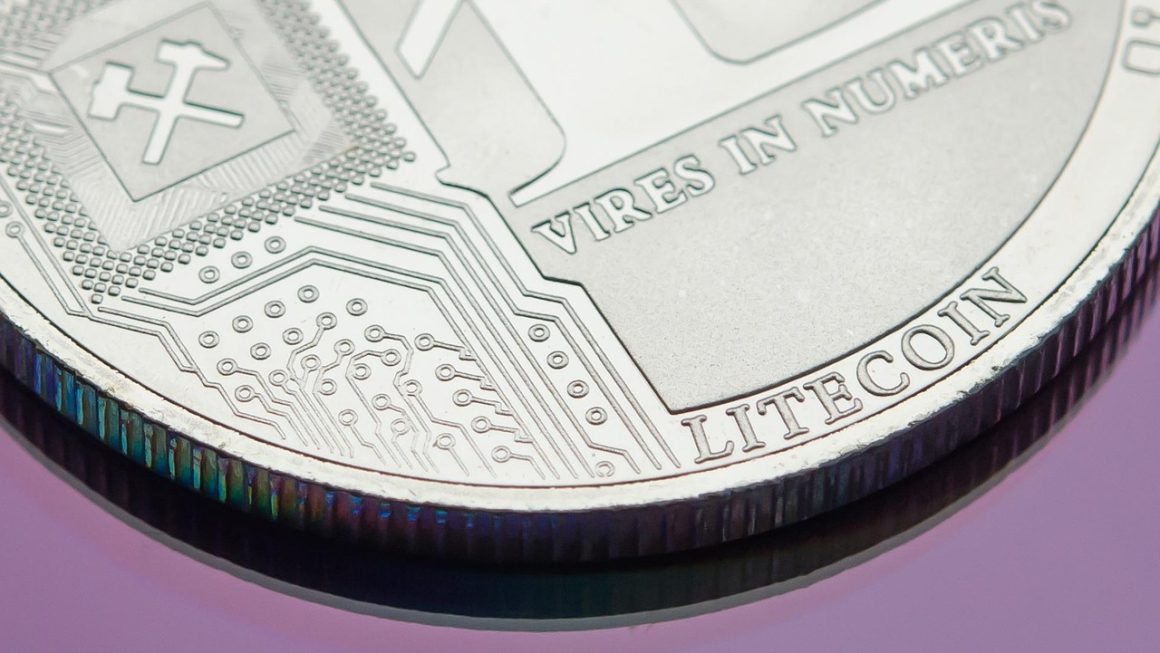Private keys – the digital equivalent of a physical key to a safe deposit box – are the cornerstone of security in the digital age. They grant exclusive access to your cryptocurrencies, personal data, and other sensitive information. Understanding what they are, how they work, and how to protect them is crucial in today’s interconnected world. This blog post will delve into the intricacies of private keys, equipping you with the knowledge to navigate the digital landscape securely.
What are Private Keys?
Definition and Purpose
A private key is a secret, alphanumeric code that allows you to access and manage your digital assets. Think of it as a highly complex password known only to you. In cryptography, private keys are paired with public keys to create a secure system for encryption and digital signatures. The public key can be shared freely, while the private key must remain absolutely confidential. The mathematical relationship between the two ensures that only the holder of the private key can decrypt messages encrypted with the corresponding public key, or create a valid digital signature.
- Allows access to your digital assets.
- Enables decryption of messages intended for you.
- Facilitates the creation of digital signatures for authentication.
How Private Keys Work
Private keys operate on the principles of asymmetric cryptography, also known as public-key cryptography. This system relies on a pair of keys: a private key and a public key. The private key is used to sign transactions or decrypt data, while the public key is used to verify the signature or encrypt data. Here’s a simplified breakdown:
A key point to remember is that the private key is mathematically linked to the public key, but it is computationally infeasible to derive the private key from the public key. This mathematical complexity ensures the security of the entire system.
Private Keys in Cryptocurrencies
Managing Cryptocurrency Wallets
In the cryptocurrency world, your private key is essentially the key to your crypto wallet. It allows you to send cryptocurrency from your wallet to others. Different types of wallets exist, each offering different levels of security and convenience:
- Software Wallets (Hot Wallets): These wallets are applications installed on your computer or mobile device. They are convenient for everyday use but are more vulnerable to hacking and malware.
- Hardware Wallets (Cold Wallets): These are physical devices that store your private keys offline. They offer the highest level of security because your private keys are never exposed to the internet.
- Paper Wallets: This involves printing your private and public keys on a piece of paper. While simple, they are susceptible to physical damage and theft.
- Brain Wallets: This involves creating a private key from a phrase you remember. While potentially secure, remembering a strong enough phrase that is also easily recalled is extremely difficult and discouraged.
Choosing the right type of wallet depends on your security needs and how frequently you access your cryptocurrencies. For large holdings, hardware wallets are generally recommended.
The Importance of Security
Losing your private key is equivalent to losing access to your cryptocurrency. There is no “forgot password” option in the crypto world. If someone gains access to your private key, they can steal your funds without your consent. That’s why safeguarding your private key is paramount.
According to Chainalysis, approximately 20% of all Bitcoin is believed to be lost, largely due to lost or inaccessible private keys. This underscores the critical need for secure key management practices.
Best Practices for Private Key Security
Secure Storage Options
Choosing the right storage method is crucial for protecting your private keys. Here are some recommended practices:
- Hardware Wallets: Store your private keys offline on a dedicated hardware device. Use a reputable brand and keep the device in a secure location.
- Password Managers: While not ideal for large cryptocurrency holdings, reputable password managers with strong encryption can be used for smaller amounts and secondary keys. Ensure you use a strong master password and enable two-factor authentication.
- Multi-Signature Wallets: Require multiple private keys to authorize a transaction. This adds an extra layer of security, as a hacker would need to compromise multiple devices to gain access to your funds.
- Backup Strategies: Create multiple backups of your private key and store them in different secure locations. This protects against loss or damage to your primary storage device. Consider encrypting these backups for added security.
Preventing Unauthorized Access
In addition to secure storage, you need to protect your private keys from unauthorized access:
- Avoid Phishing Scams: Be wary of emails or messages that ask for your private key or seed phrase. Legitimate services will never ask for this information.
- Use Strong Passwords: Protect your devices and accounts with strong, unique passwords. Use a password manager to generate and store complex passwords.
- Enable Two-Factor Authentication (2FA): Add an extra layer of security to your accounts by requiring a second factor of authentication, such as a code sent to your mobile device.
- Keep Software Updated: Regularly update your operating system, antivirus software, and wallet applications to patch security vulnerabilities.
- Be Careful with Downloads: Avoid downloading software from untrusted sources. Malware can steal your private keys or compromise your device.
Practical Tips
- Consider using a passphrase in addition to your seed phrase to add an extra layer of security.
- Split your seed phrase into multiple parts and store them in different secure locations.
- Regularly review your security practices and update them as needed.
Private Keys Beyond Cryptocurrencies
Digital Certificates and SSL/TLS
Private keys aren’t limited to cryptocurrencies. They also play a vital role in securing websites and other digital communications. Digital certificates, secured using SSL/TLS (Secure Sockets Layer/Transport Layer Security) protocols, rely on private keys to establish secure connections between web servers and browsers.
- SSL/TLS Certificates: Websites use SSL/TLS certificates to encrypt data transmitted between the user’s browser and the server. The server’s private key is used to decrypt data sent by the user and to digitally sign data sent back to the user.
- Secure Communication: When you see the padlock icon in your browser’s address bar, it indicates that the website is using SSL/TLS and that your communication with the website is encrypted. This protects your personal information, such as passwords and credit card numbers, from being intercepted by eavesdroppers.
Code Signing
Software developers use private keys to digitally sign their code. This allows users to verify that the software comes from a trusted source and has not been tampered with. Code signing is crucial for preventing the distribution of malware and ensuring the integrity of software updates.
- Authentication: Digital signatures provide assurance that the software is authentic and has not been modified since it was signed.
- Security: Users can trust that the software they are installing is safe and free from malicious code.
Conclusion
Private keys are fundamental to security in the digital world, from securing cryptocurrency holdings to enabling secure web browsing and software downloads. By understanding how private keys work and implementing robust security measures, you can protect your digital assets and personal information from theft and unauthorized access. Remember that the security of your private keys is your responsibility. Stay vigilant, follow best practices, and regularly review your security measures to stay ahead of potential threats. Take the time to understand the nuances of private key security and make it a cornerstone of your digital life.




